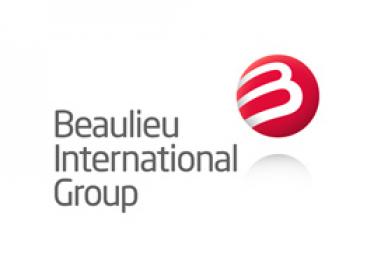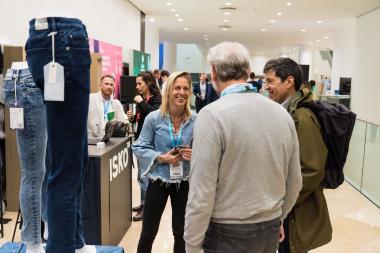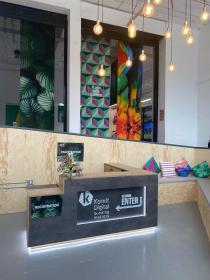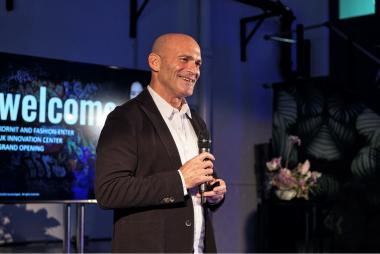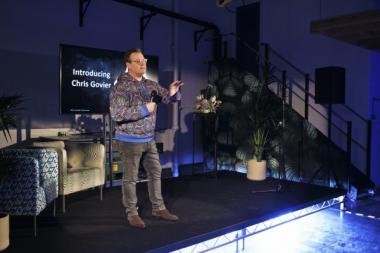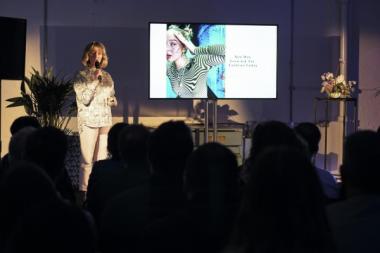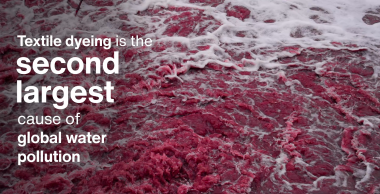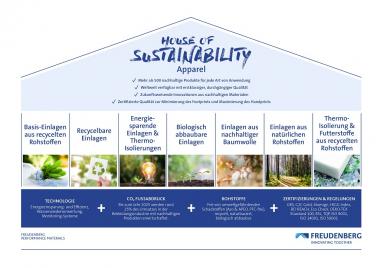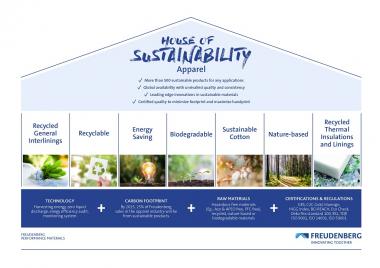AkzoNobel launches tool to drive bodyshop sustainability
Bodyshops can now take advantage of the vehicle refinish industry’s first repair calculator to measure, manage and reduce carbon emissions, which has been developed by AkzoNobel.
Designed to help customers improve their carbon footprint when using the company’s premium refinish products, the CO2eRepairCalculator* is part of a new initiative which aims to encourage bodyshops to become more sustainable.
The tool is the latest digital innovation from AkzoNobel focused on making a long-lasting difference to customers. It identifies the carbon levels associated with the painting and drying process – including the energy consumed – and is linked directly to the vehicle refinishing products being used. It also provides data relating to the emission of volatile organic compounds (VOCs), therefore helping customers to understand where improvements can be made.
When using the tool, the emissions and energy consumed are calculated based on a controlled two-panel repair in a spray booth to Greenhouse Gas Protocol accounting standards. The results are presented in an online dashboard, which allows local energy prices to be factored in.
The launch means it will now be easier for bodyshops to take positive action in an effort to meet their sustainability and carbon reduction targets. This is becoming increasingly important, as insurance companies are putting greater pressure on preferred bodyshop partners to cut their emissions in line with supply chain ambitions that meet the UN Sustainable Development Goals.
The CO2eRepairCalculator is currently being introduced in the UK market to Sikkens customers (with Lesonal to follow shortly). It will be rolled out across markets in Europe during the next few months.
*CO2e stands for carbon dioxide and equivalent gases. The tool measures carbon dioxide (CO2) and equivalent gases such as methane (CH4) and nitrous oxide (N2O), which all fall under the term greenhouse gases (GHGs).
AkzoNobel












